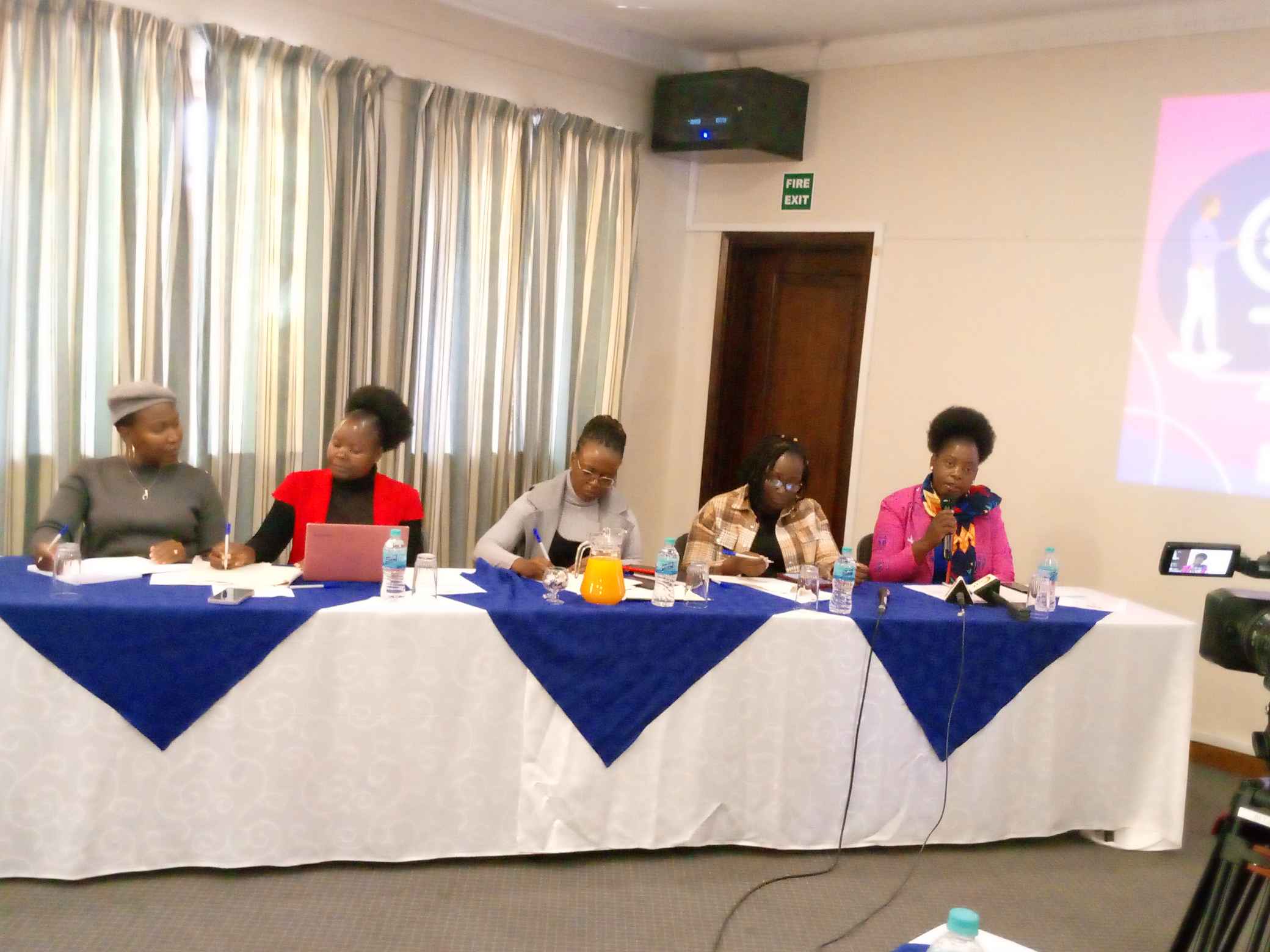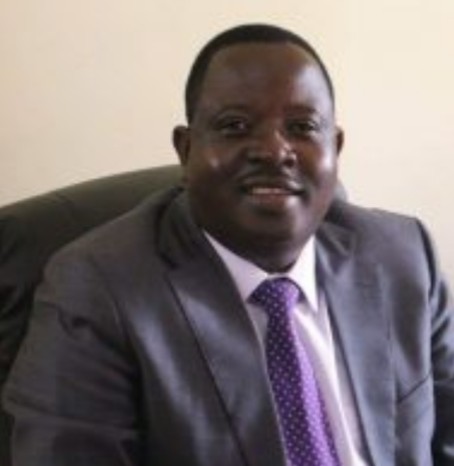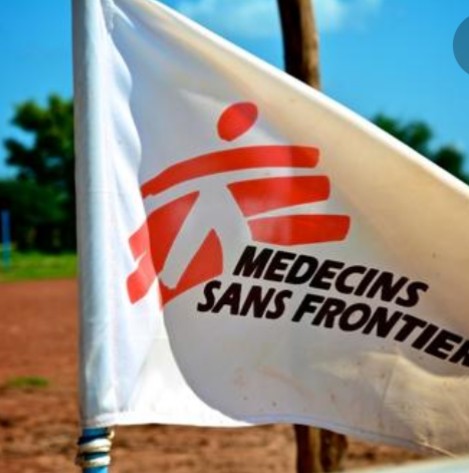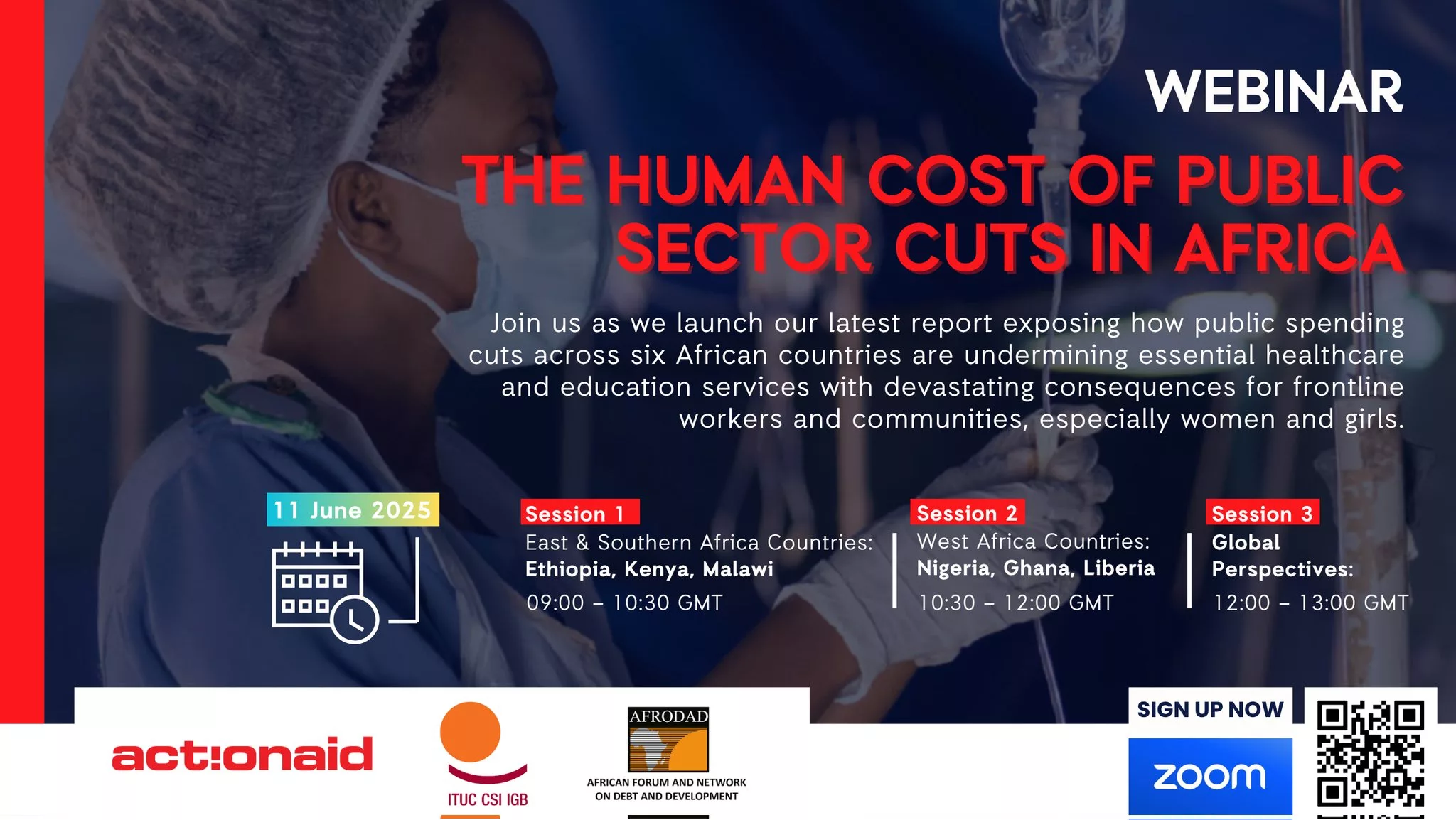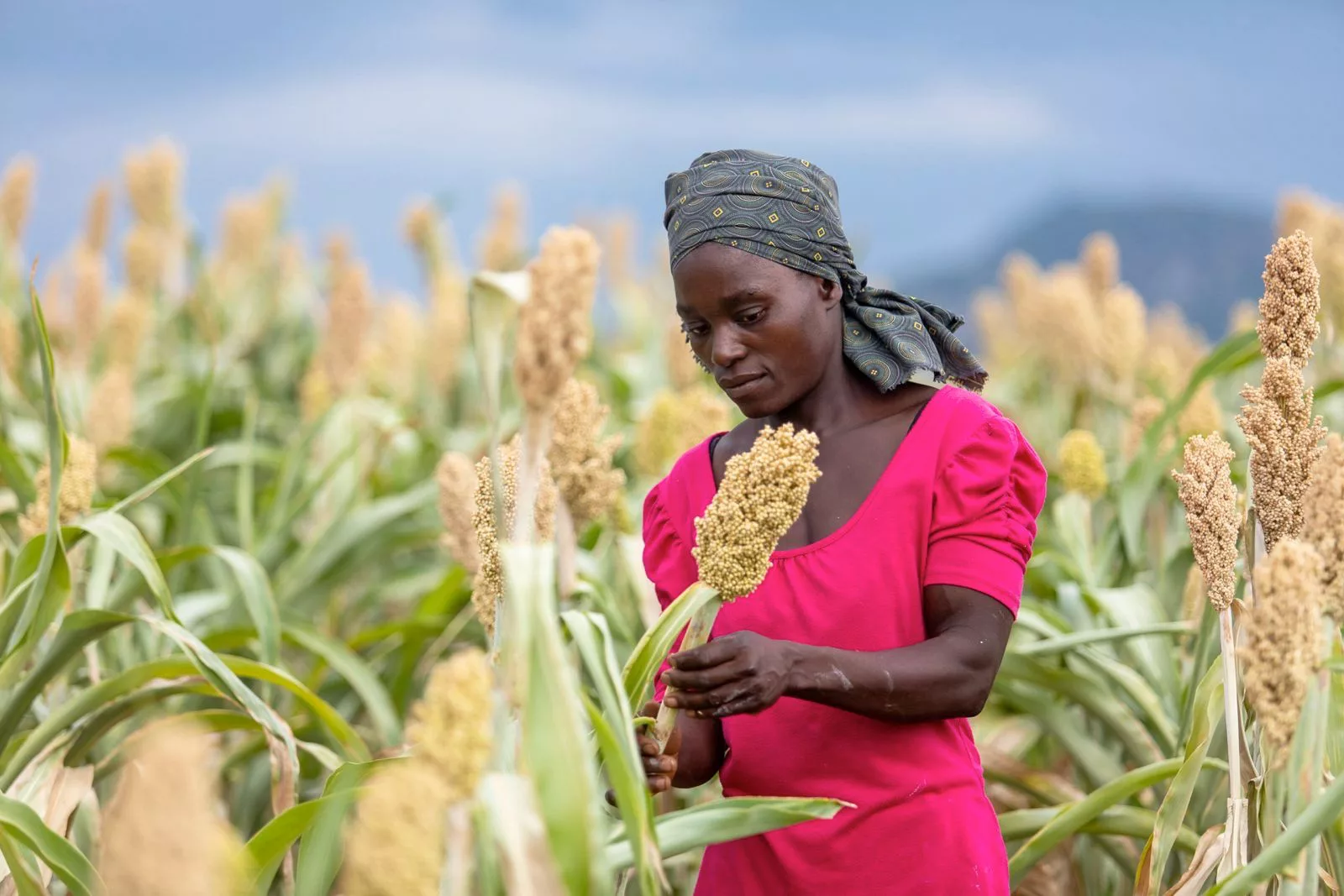|
Getting your Trinity Audio player ready...
|
The “End violence vote for Her campaign” launched in Harare today seeks to foster and increase women’s political participation and uptake of leadership positions in various spheres of life.
The campaign comprises a coalition of development and women’s rights organisations including the United Nations Entity for Gender Equality and the Empowerment of Women (UN Women), Hivos, Women and Law in Southern Africa (WLSA), Gender Links, Zimbabwe Institute, Women in Politics Support Unit (WIPSU), Women Academy for leadership and Political Excellence (WALPE), Women’s Coalition of Zimbabwe (WCOZ).
Addressing journalists during the launch, Mr. Innocent Katsande, the UNWomen Zimbabwe’s Media and Communications officer said the #EndViolenceVoteForHer Campaign is focused on supporting women candidates and ending violence against women during electoral processes.
“When you want to empower women, it starts with your vote. Join the women’s movement and support women candidates. Violence against women remains the biggest barrier to women’s participation. There is a need to balance the scale by voting for women and showing power by supporting and voting for women,” Mr. Katsande said.
Belinda Ncube, Operations and Programmes Manager of Zimbabwe Institute said bemoaned the decline of women’s participation in politics.
“This collaboration with other stakeholders is meant to create an enabling environment for women’s participation in politics. It is sad to note that women’s participation in politics as voters and candidates is dwindling. In the National Assembly, women decreased to 11% down from 20% in the 2018 elections. There are 14 % women vying for local government posts, and there is only one woman at the presidential election level,” Ncube said.
Despite advocacy by various stakeholders, no gains were made in terms of women’s participation in politics. Violence against women (VAW) is hindering women’s participation. VAW occurs before, during, and post-elections.
It comes as threats of physical violence, and psychological harm. Section 56 of the Constitution of Zimbabwe guarantees equal participation, and non-discrimination.
VAW can be perpetrated by family members, political parties, or the state either by omission or commission. Citizens need freedom of expression, and assembly without fear.
“The plight of young women should be highlighted. As youth as well, women have the double tragedy of violence. The youth quota must be inclusive of young women. As Zimbabwe Institute, we advocate violence-free elections and electoral processes, as well as to highlight the value added when women participate,” she added.
Fadzai Ruzive, the Legal Officer for Women and Law in Southern Africa (WLSA) underscored her organisation’s solidarity with women candidates.
“The women’s participation in civil and political space contributes to democracy. It supports gender the equality journey. As WLSA, we are working on breaking down gender barriers and creating a fair society for all,” Ruzive said.
Helen Kadirire, the Media and Publications Officer of the Women’s Academy for Leadership and Political Excellency (WALPE) said political violence a stumbling block in women’s participation in political processes.
“As WALPE, we respect the sanctity of life. In that regard we call upon the police to apprehend all perpetrators of political violence and maintaining peace,” Kadirire said.
Siphathisiwe Moyo, the the Women’s Coalition of Zimbabwe (WCOZ)’s Head of Politics and Decision-making Cluster said her organisation supports women candidates in the elections. WCOZ is fielding women-only observers focusing on women’s rights issues.


